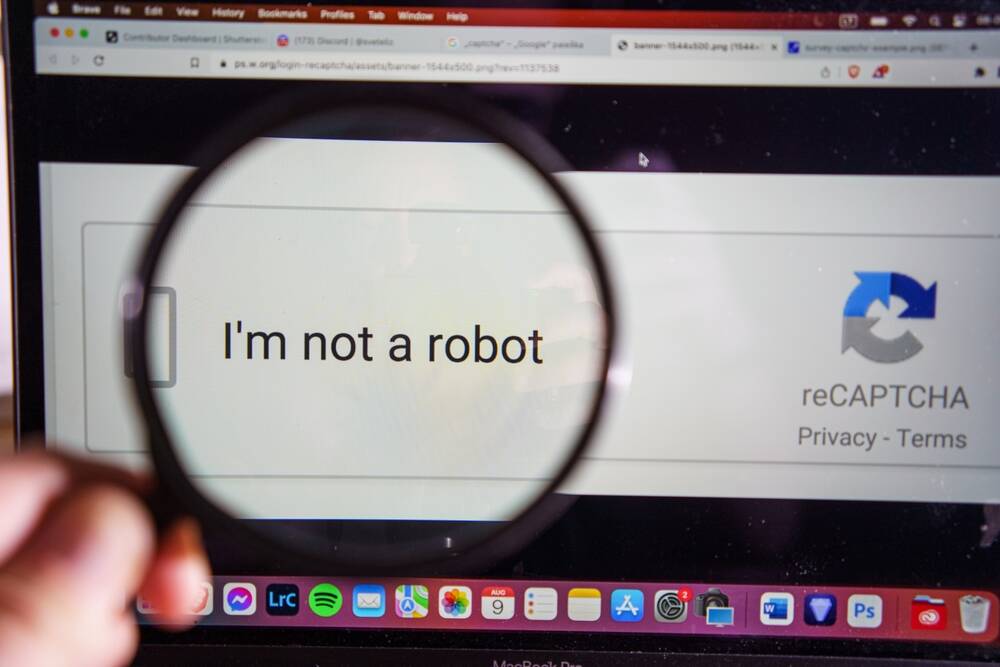- cross-posted to:
- [email protected]
- cybersecurity
- cross-posted to:
- [email protected]
- cybersecurity
Research Findings:
- reCAPTCHA v2 is not effective in preventing bots and fraud, despite its intended purpose
- reCAPTCHA v2 can be defeated by bots 70-100% of the time
- reCAPTCHA v3, the latest version, is also vulnerable to attacks and has been beaten 97% of the time
- reCAPTCHA interactions impose a significant cost on users, with an estimated 819 million hours of human time spent on reCAPTCHA over 13 years, which corresponds to at least $6.1 billion USD in wages
- Google has potentially profited $888 billion from cookies [created by reCAPTCHA sessions] and $8.75–32.3 billion per each sale of their total labeled data set
- Google should bear the cost of detecting bots, rather than shifting it to users
“The conclusion can be extended that the true purpose of reCAPTCHA v2 is a free image-labeling labor and tracking cookie farm for advertising and data profit masquerading as a security service,” the paper declares.
In a statement provided to The Register after this story was filed, a Google spokesperson said: “reCAPTCHA user data is not used for any other purpose than to improve the reCAPTCHA service, which the terms of service make clear. Further, a majority of our user base have moved to reCAPTCHA v3, which improves fraud detection with invisible scoring. Even if a site were still on the previous generation of the product, reCAPTCHA v2 visual challenge images are all pre-labeled and user input plays no role in image labeling.”



yeah my bad. I meant too many automated requests. Both humans and bot generate spams and the issue is high influx of it. Legitimate users also use bots and by no means it’s harmful. That way you do not encounter captcha everytime you visit any google page, nor a couple of scraping scripts gets a problem. Recaptcha (or hcaptcha, say) triggers when there is high volume of request coming from same ip. Instead of blocking everyone out to protect their servers, they might allow slower requests so legitimate users face mininimal hindrance.
Most google services nowadays require accounts with stronger (like cell phone) verification so automated spam isn’t a big deal.
since bots are better at solving captchas and humanoid services exist that solve them, the only ones negatively affected by captchas are regular legitimate users. the bad guys use bots or services and are done. regular users have to endure while no security is added, and for the influx i guess it is much more like with the better lock on the front door: if your lock is a bit better than that of your neigbhour, theirs might be force-opened more likely than yours. it might help you, but its not a real but only relative and also very subjective feeling of 'security".
beeing slower than the wolves also isn’t as bad as long as you are not the slowest in your group (some people say)… so doing a bit more than others always is a good choice (just better don’t put that bar too low like using crowdsnakeoil for anything)
put in other words, common users can’t easily become ‘bad guy’ ie cost of attack is higher hence lower number of script kiddies and automated attacks. You want to reduce number. These protections are nothing for bitnet owners or other high profile bad actors.
ps: recaptcha (or captcha in general) isn’t a security feature. At most it can be a safety feature.
o,O